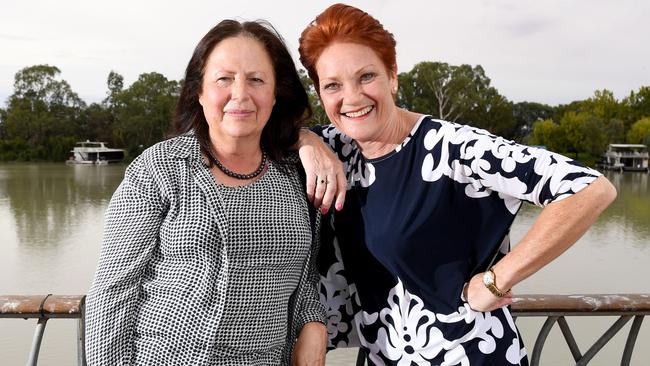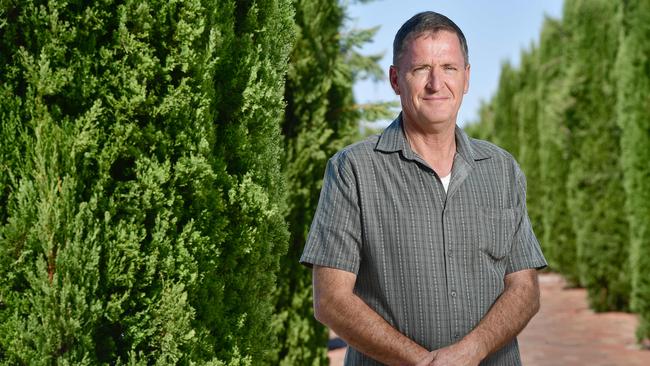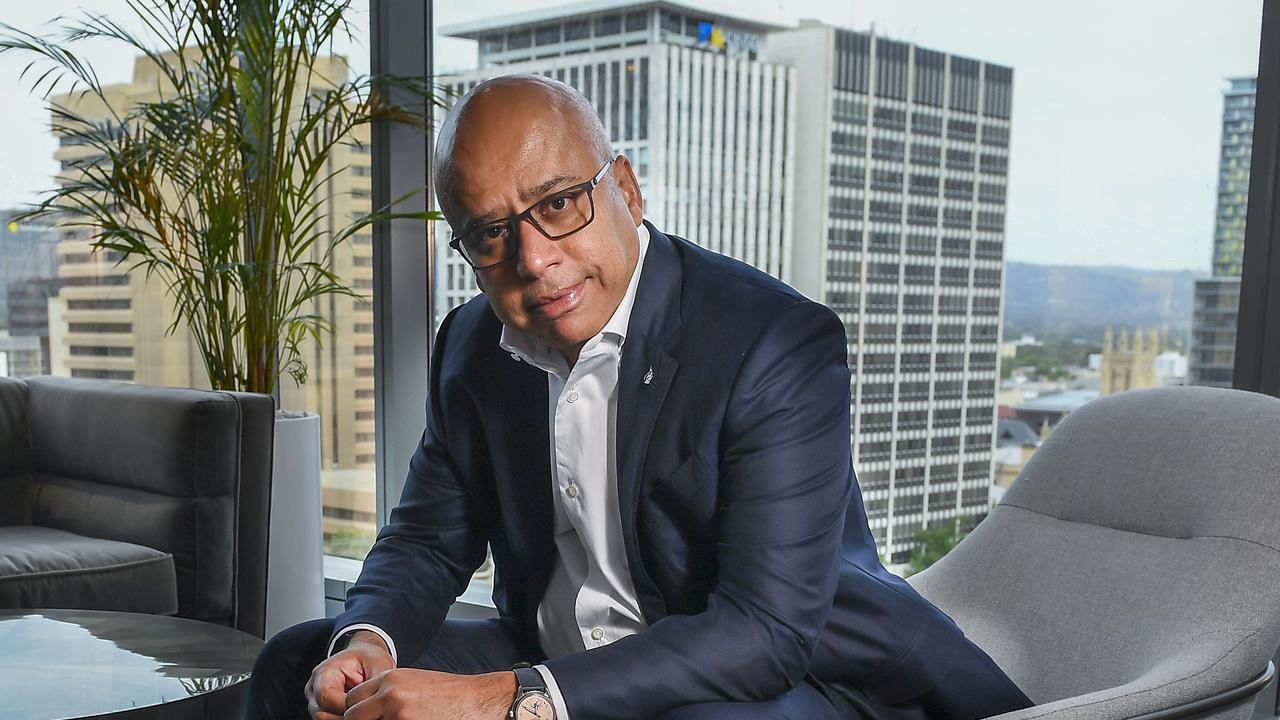One Nation’s Jennifer Game denies plan to take daughter Sarah Game’s SA upper house seat if she fails in Senate bid
One Nation’s SA leader has dismissed suggestions she will take a seat in the state’s upper house won by her daughter, Sarah Game, should she fail in her Senate bid.

State Election
Don't miss out on the headlines from State Election. Followed categories will be added to My News.
One Nation’s South Australian leader Jennifer Game has vowed her daughter will serve her full eight-year term in state parliament, despite suggestions Ms Game would take the spot for herself if she fails in her bid for a Senate seat.
Little is known about Sarah Game, who appears likely to win a seat in the state’s upper house but has no presence on the party’s social media profiles and website, and has not been made available for interviews.
Ms Game has made no public comment about her election and no photo of her has been released, while party leader Senator Pauline Hanson admitted she was yet to meet her star candidate and asked the media to “respect her privacy” until her position in parliament was confirmed.
Jennifer Game said she herself had been the party’s lead upper house candidate but gave that spot up after the party decided she would instead contest a Senate position at the federal election.

Former party state administrator Steve Burgess, a Senate candidate at the 2016 election, said Ms Game’s daughter was a “captain’s pick” who could be trusted to give the seat up to make way for her mother.
“The only place (One Nation) has a chance is in the state upper house so she gets her daughter to take it,” he said.
“The plan was that she would have someone that she could trust and the only person she could trust is her daughter … she has put someone in who she knows she can go straight in after.”
Under South Australian electoral rules, if an upper house MP quits and they were a member of a political party at the time they were elected, that party nominates their replacement from among its own members.
Responding to the allegations, Jennifer Game said Mr Burgess was disgruntled because he wanted to bypass party processes to run as a candidate in the “winnable” federal Senate or state upper house, but she and the party refused, and he subsequently resigned his membership.

She said her daughter, who did undergo the proper party selection processes, had always been on the upper house ticket but had not originally been in the first position because it was to be occupied by Ms Game herself.
But, she said, she relinquished the spot after Senator Hanson raised with her the possibility that upper house results would not be declared until after the close of Senate nominations.
Senator Hanson and the party’s national executive decided Ms Game would contest the Senate, leaving Sarah to claim top spot.
“The fact that she happens to be my daughter doesn’t mean she’s not the best candidate, in fact, they thought she was the best candidate,” she said.
Ms Game, who also works as a policy adviser for the party, conceded the timing of the two elections was frustrating – and could rob of her of a position in either parliament – but said “that’s how politics goes”.
“If she (Sarah Game) wins the seat, she stays for the eight years,” she said. “There is no chance whatsoever that I would take that seat.”
She said her daughter had been a member of the state branch of the party for close to two years and denied Mr Burgess’ claim she was “not a true believer”.
Counting of upper house preference votes is expected to take another two weeks.





